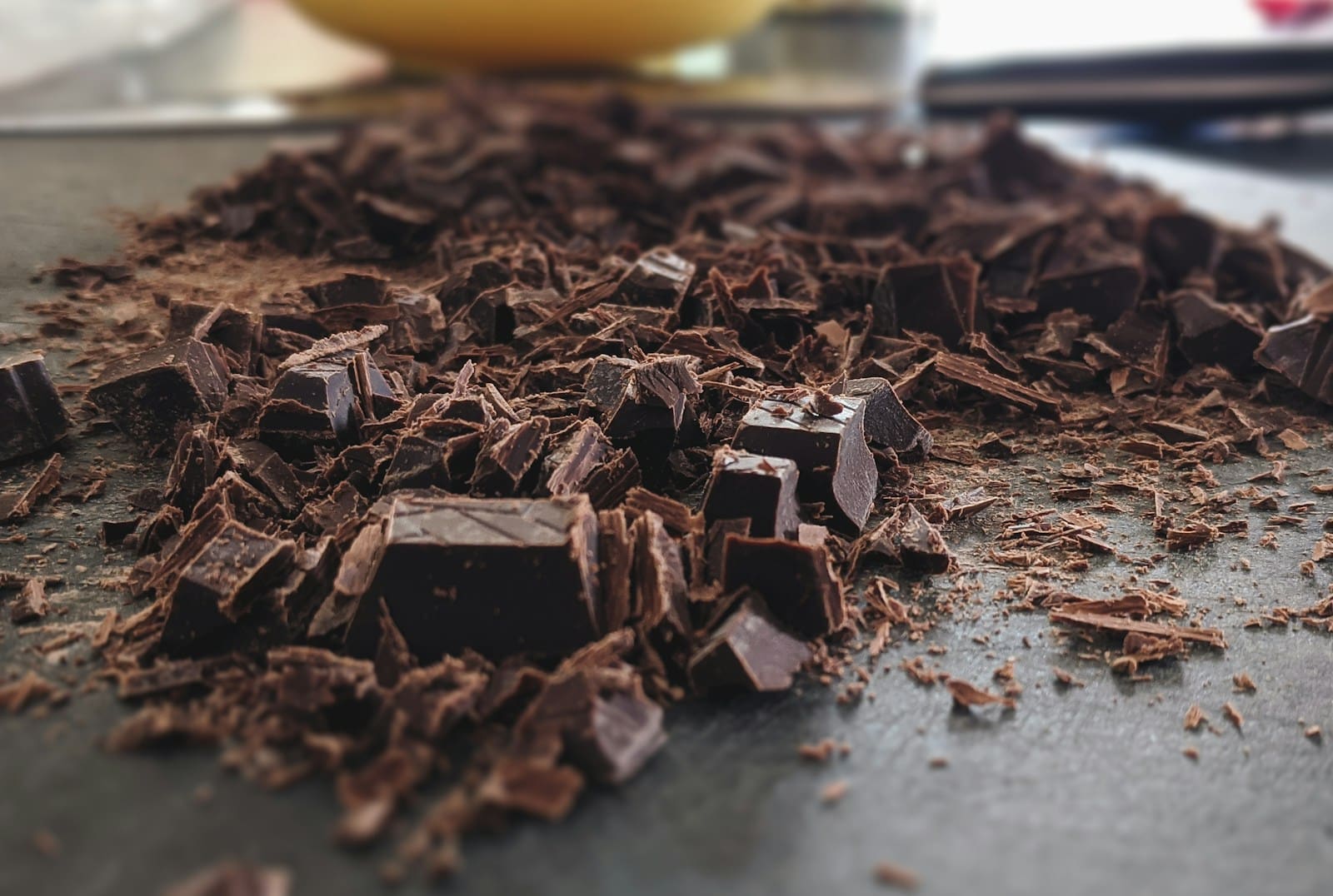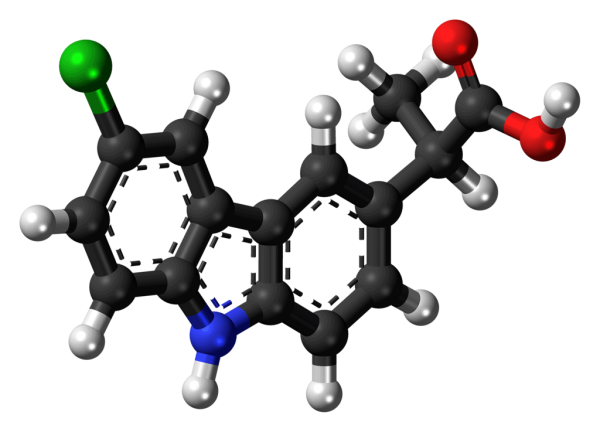Most people know that chocolate is toxic to dogs. Dogs just can’t metabolize chocolate as well as we can, which renders them particularly sensitive to the effects of a chemical called theobromine (similar to caffeine). However, many dogs have a proclivity for eating things they shouldn’t, and chocolate can be hard to resist.
For these reasons, vets across the world manage thousands of cases of chocolate ingestion every year. Thankfully, most dogs make a full recovery from chocolate intoxication, and long-term effects are exceedingly rare. If severe seizures or pancreatitis have occurred, long-term effects may be encountered.
If you need to speak with a vet but can't get to one, head over to PangoVet. It's our online service where you can talk to a vet online and get the advice you need for your pet — all at an affordable price!
Chocolate Toxicity in Dogs
Chocolate toxicity is rarely fatal in dogs, but it can result in significant illness. Theobromine is the main toxin in chocolate, and dogs struggle to metabolize it as well as we humans do. The amount of theobromine in any given chocolate is variable; as a rule of thumb, the more bitter the chocolate, the more theobromine it contains (and thus the more toxic it is to dogs).
White chocolate is minimally harmful, but dark chocolate and cocoa are much more toxic. Toxicity will also depend on the size of your dog, the amount ingested, and their unique ability to process theobromine.

Signs of Chocolate Toxicity in Dogs
Many of us know the feeling of having too many coffees. This is initially how dogs feel, due to their theobromine and caffeine sensitivity, though it gets much worse. The signs and severity of chocolate toxicity depend somewhat on the amount and type of chocolate ingested. In the initial phases, many dogs experience vomiting, diarrhea, increased thirst, panting, and restlessness.
Further down the line, dogs can develop a rapid heart rate, heart arrhythmias, muscle tremors, seizures, and heart failure. Signs can take several hours to develop and can last for a few days.
Long-Term Effects of Chocolate Ingestion in Dogs
Thankfully, most dogs make a full recovery after eating chocolate, even if the above signs have occurred. Long-term or chronic effects are rare, meaning once dogs have recovered, there are no lingering issues. However, there are two exceptions to this.
Firstly, some dogs develop pancreatitis after eating chocolate. This is, in fact, not related to theobromine toxicity but to the high fat and sugar content of some chocolates. The pancreas produces enzymes that aid in the digestion of meals. Pancreatitis occurs when the pancreas becomes inflamed and angry. This leads to vomiting, diarrhea, and abdominal pain. It is well known that dogs who suffer one bout of pancreatitis are prone to experiencing pancreatitis again.
Secondly, severe cases of chocolate toxicity that result in neurological concerns can have long-term effects. More specifically, if dogs have significant or uncontrolled seizures, this can destroy brain tissue, resulting in permanent “brain damage.” In reality, very few cases reach this point, as veterinary intervention occurs before this has a chance to occur.

Treatment of Chocolate Toxicity in Dogs
Within a few hours of chocolate ingestion, the easiest and best way to prevent intoxication is to make the dog vomit. This is best done at a vet clinic with appropriate medication and vet supervision. If the signs of chocolate toxicity have already developed, your dog may need fluids via a drip, anti-nausea medication, muscle relaxants, antiarrhythmic drugs, and more—treatment can become intensive.
If you have any concerns about your dog eating chocolate, don’t hesitate to seek veterinary care.

Final Thoughts
Luckily, most dogs will make a full recovery from chocolate intoxication, and long-term effects are rare. However, there are times when more dangerous signs can occur. If signs such as severe seizures or pancreatitis have occurred, long-term effects may be seen.
Of course, if your dog does ingest any amount of chocolate, a visit to your vet is highly recommended just to be safe.
Featured Image Credit: Sebastian Duda, Shutterstock


















6 Responses
Great blog! Thanks for generously sharing such valuable information. Keep up the fantastic work!
Years ago, before Vets really pounded in how bad chocolate is for dogs, I used to give my Coyote-Aussie cross a Hershey's kiss each time she caught a mouse on our farm and brought it to me to throw away instead of eating it. She died of liver cancer at the age of 10 and looking back on that I honestly believe the chocolate is what caused that. If I only knew way back when what I have learned in the last 30 years. It would have been safer to let her eat the mouse. We never used poisons on our farm.
Hi Sussie,
I'm so sorry to hear that, but thank you so much for sharing that memory. Many of us have similar stories from before we knew just how harmful chocolate can be for dogs, so please don’t be hard on yourself. The important thing is that you’ve learned and are helping spread awareness so others can keep their pets safe, too.
It sounds like your Coyote-Aussie cross was a smart and loyal partner on the farm and was lucky to have someone who loved her so deeply. Thank you again for being part of the Dogster community and for sharing your experience to help others.
Thank you it helped my dad be smart
You're welcome! 🙂
You're welcome! 🙂